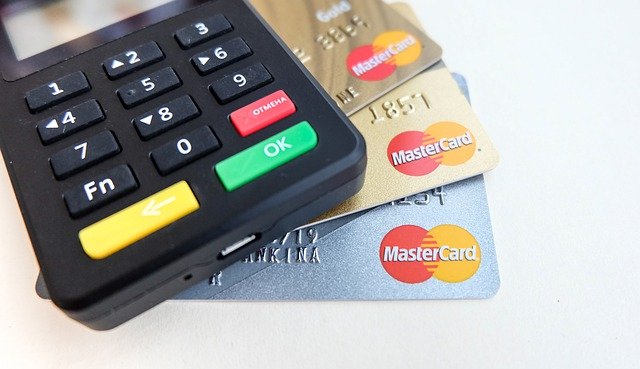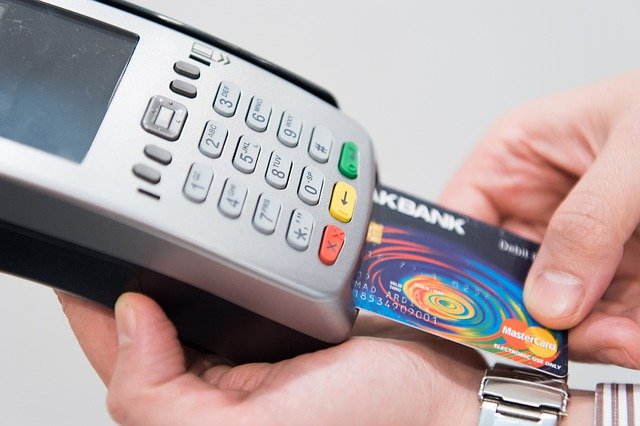Visa and Mastercard Have Changed Their Dispute Resolution Process
Last Updated on March 8, 2021 by Corepay
Anticipating more and more disputes related to the explosive growth of credit card transactions, Visa and Mastercard have both changed their dispute resolution process to better streamline the process and reduce the possibility of fraud.
A recent PaymentsJournal article predicted that there will be at least 50 billion credit card transactions by the end of this year, compared to 33.9 billion transactions in 2015. That puts the dollar volume near $4 trillion for 2019.
And that number is only going to grow. Brian Riley, director of Credit Advisory Services at Mercator Advisory Group, predicts there will be 66.8 billion transactions for 2020, “accounting for $4.7 trillion in dollar volume.”
More Transactions = More Disputes

According to Baldwin, the new process works roughly like this: A dispute claim begins when a card issuer (i.e. a bank) or customer asks the merchant for a copy of a particular transaction ticket. The information in the ticket is usually enough to resolve a dispute.
For example, if a customer doesn’t remember a transaction, they can ask for a copy of the transaction ticket. Once they see the evidence of this sale, and remember that, yes, they did make that purchase, the dispute ends right then.
But if the customer still denies the transaction, or the merchant cannot provide the information, then things get serious.
If this happens, the card issuer will put the financial liability back to the merchant, meaning the merchant is responsible for the costs of the transaction. But if the merchant has the information to prove the customer did make the purchase, the merchant can then challenge the card issuer. If the issuer agrees, then the charge goes back to the customer and they’re responsible for it.
This should be the end of most disputes, but PaymentJournal says there’s still a potential for more steps if the customer has evidence to dispute the issuer’s findings. (Such as, “I was not in Paris last Friday, I was in Kansas.”)
“The final phase is arbitration, which is when the arbitration is finally submitted, and the card network itself is asked to step into the process,” said Baldwin. Of course, this can be costly for whoever initiates the final stage of the dispute because of filing and review fees. And the card network will then give a ruling that usually includes large fines for the losing party.
“Currently, only Visa allows an arbitration appeal, and it must be for amounts greater than $5,000” Baldwin said. “The arbitration appeal ruling is final.”
What Updates Did Visa and Mastercard Make?
Because of the expected increase in credit card transactions, both companies decided to update their process. Visa’s new program is called Visa Claims Resolution (VISA VCR); Mastercard’s is the MasterCom Claims Manager (Mastercard MCM).
Baldwin says the goal for Mastercard was to manage the entire dispute lifecycle in one place and to simplify the process by reducing the amount of time that a claim can be outstanding. They also eliminated the arbitration step we discussed earlier. They also require additional information from credit card issuers before the issuers can file a chargeback.
Visa took a similar approach. They wanted to eliminate unnecessary processing and shorten the entire dispute process. They’ve eliminated a large number of chargebacks if the transaction data doesn’t correspond to the chargeback.
Baldwin said Visa’s new process also splits chargebacks into two categories: allocation and collaboration.
Allocation allows Visa to assess the responsible party without furthering the disputes lifecycle, thereby shortening the process overall. Any remaining disputes fall into collaboration, where the parties proceed to the dispute process to reach resolution.
Bottom line: Merchants are going to see a lot more disputes and chargebacks simply because the number of credit card transactions will increase. The new rules don’t seem to favor one group over the other, but it will be important that merchants familiarize themselves with the new process, but to also keep excellent records and be able to provide transaction information as soon as it’s requested.
“People have to be very vigilant in making sure they don’t let these time windows expire,” said Baldwin. “Because if you let it expire, and you are the one trying to show evidence that it’s not your fault, you will lose. And it’s all about win-lose when it comes to chargeback processing.”
To learn more about how Visa and Mastercard’s new dispute resolution process will affect you, especially if you’re already a high-risk merchant, please visit our website or call us at (800) 408-0095.
Photo credit:
Hloom Templates (Flickr, Creative Commons 2.0)
We appreciate you following Corepay’s blog. Let’s collaborate, send us your article suggestions, questions, and/or feedback to: [email protected].




